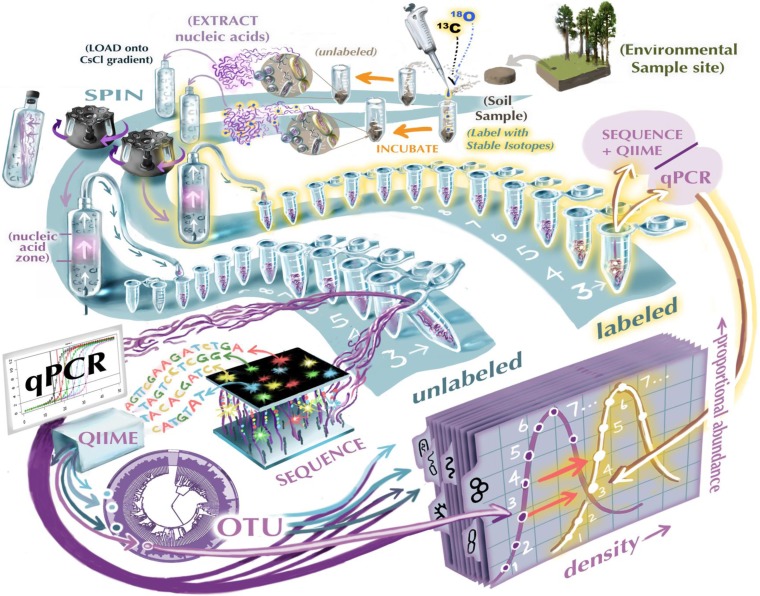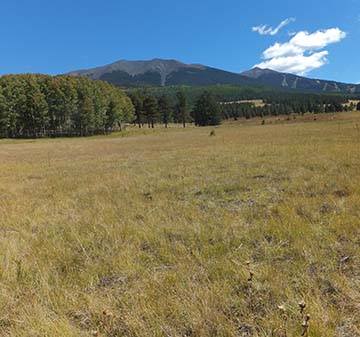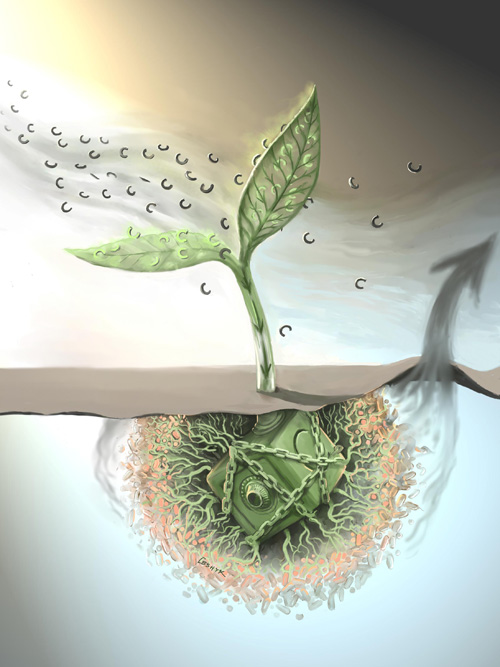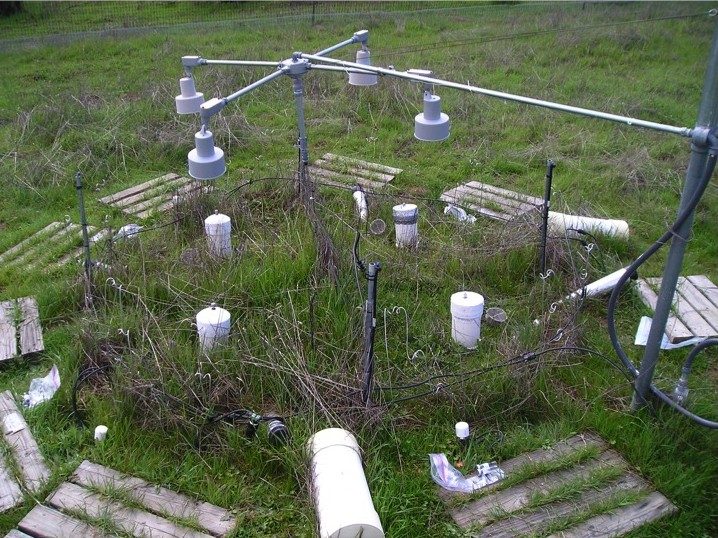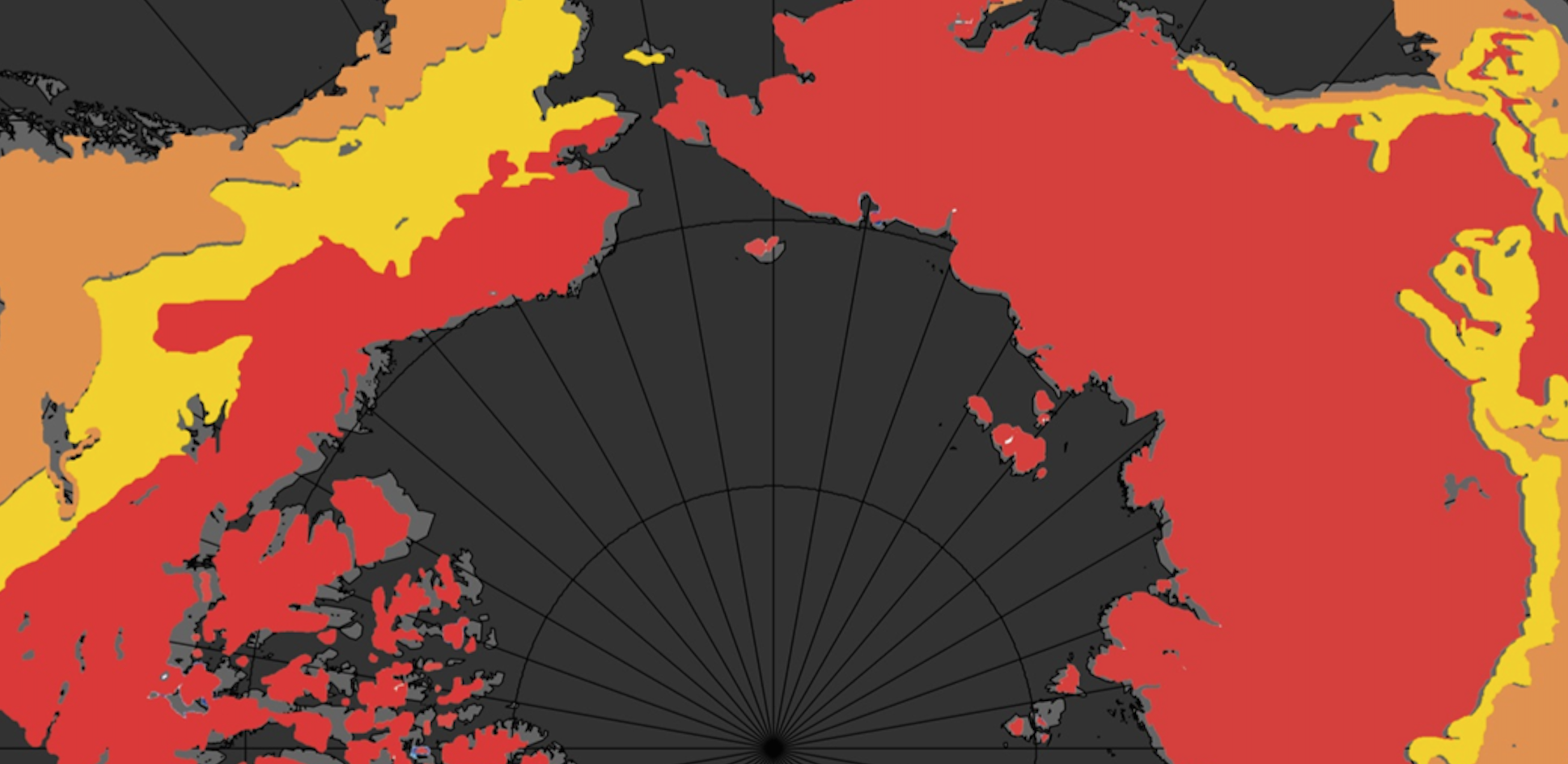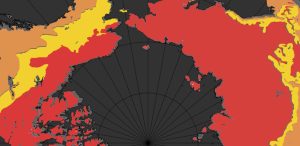Linking Biogeochemistry and Microbial Community Chemistry
Overview The identities of organisms profoundly influence ecosystems, and microbial diversity is vast. The obvious disconnect between this diversity and its treatment in C cycling models is perhaps the best manifestation of the common complaint that so much physiology, taxonomy, ecology, and diversity is ignored when microbial communities are described Read more…
